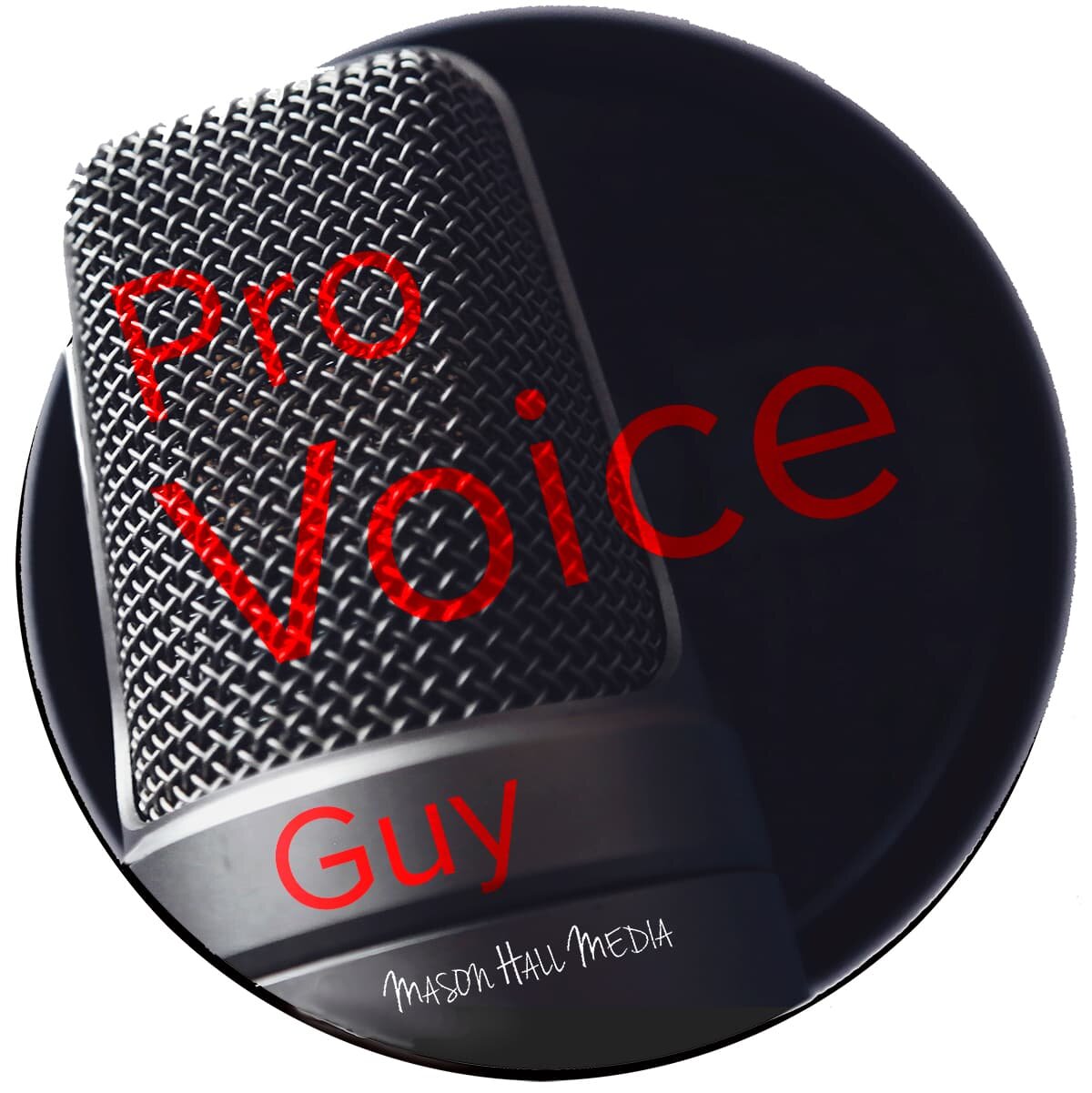Why a Great Script Makes a Great Voice Over (5-Tips)
Why a Great Script Makes a Great Voice Over
If you need to hire voice over talent for a commercial, video, eLearning, voicemail, or anything else, you want to get the best possible return on your investment. You want a recording that matches the vision you have for your final project. The script you send to the talent will have a significant impact on the quality of the voice over and, eventually, your final project.
Script Quality Matters
I read voice over scripts every day. Really, every day. I try to take one or two days a week off, but there is always something that needs to get done or revised in a hurry. The scripts I read are all over the map in terms of topic. The subject itself isn't the most significant factor in delivering a stellar performance. It doesn't matter to me if I am instructing doctors how to use a new medical device, introducing a podcast, or pushing a new car model, the quality of the delivery is tied, not to the topic, but the quality of the script.
Writing for the Ear - Essential for Voice Over
I can tell nearly instantly if a script has been written by someone with experience writing for the ear. What is "writing for the ear?" You may or may not notice but most of us use language differently when we write and when we talk. With the advent of email and instant messaging, those lines have blurred a bit, but there is still a difference. Many writers that write well for the page or screen have some amount of trouble writing copy that will be spoken out loud. "Writing for the ear," is about writing in a way that will sound right to someone listening.
Clients that send voice over scripts that are not written with vocal delivery in mind are sometimes disappointed by the results. They often wish the delivery sounded more natural, more conversational, or more passionate. While those are things I am trained to do, they are more difficult when the script gets in the way. Sometimes it is made even worse when scriptwriters include phrases that are not usually used in conversation. I also occasionally find word combinations that are nearly impossible to deliver well. Some word combinations will tongue-tie even the most experienced voice over professional. We find a way to get through them but making them sound natural is a real struggle.
So, what you can you do to get better delivery from your voice over talent. Here are some tips.
Five Tips for Creating a Better Voice Over Script
1. Hire a Copywriter with Experience in Writing for Voice Overs.
If you have the luxury of working with a professional writer, hire one that has worked with voice over projects in the past. If you can't find one, or if you like working with the person you already have, push your writer to learn the difference between writing for the page and writing for the ear.
2. Teach Yourself How to Write Excellent Voice Over Copy.
If you don't have someone to write your copy, learn how to do a better job yourself. There are a ton of books, websites, and even online courses that can help you learn to write better for voice over.
3. Read Your Voice Over Copy Out Loud.
The best way to understand how your copy will sound out loud is to read it out loud. By "reading out loud" I don't mean read to yourself while moving your lips. Read it out loud the way you hope the voice talent will read it. Sometimes, you will hear, right away, parts that don't sound like you thought they would. This is your chance to fix them and try again. If you come across a phrase that is hard to say out loud, consider revising it. Remember, a voice pro will probably be able to work through it, but wouldn't you prefer instead they spend their efforts on the perfect delivery?
4. Make a Scratch Track.
Especially when a client has something very particular in mind, I like to listen to their delivery. A scratch track is simply a recording of you, or your copywriter reading the script out loud. Most people don't like this because most people don't like the sound of their own voice. But it is an excellent way for the talent to hear what is in your head and not necessarily printed on the page. Inflection can change the meaning of an entire sentence. Make sure the talent knows what you mean.
5. Ask your Voice Over Talent for Help (But Don't Expect them to Work for Free.)
Not all voice over pros are copywriters, but most can read through a script and point out questions or problems. Some (like me) also write copy and can turn your rough text into something ready to voice. Just don't expect the talent to do it for free. It might not seem like much to ask, but the margins for voice over talent are growing smaller and smaller. The time they are working on your script is time they aren't working on another recording or finishing an audition.
If you have chosen to work with professional voice talent, you can expect professional-level results. Just be sure you are giving them everything they need to provide exactly what you are looking for. Time spent dealing with a poorly written script will take time away from producing the best possible delivery. By taking just a few steps up front, you increase your chances of getting what you are looking for the first time.
Try out some of these tips. You might be surprised much better your voice over sounds with just a little effort upfront.




